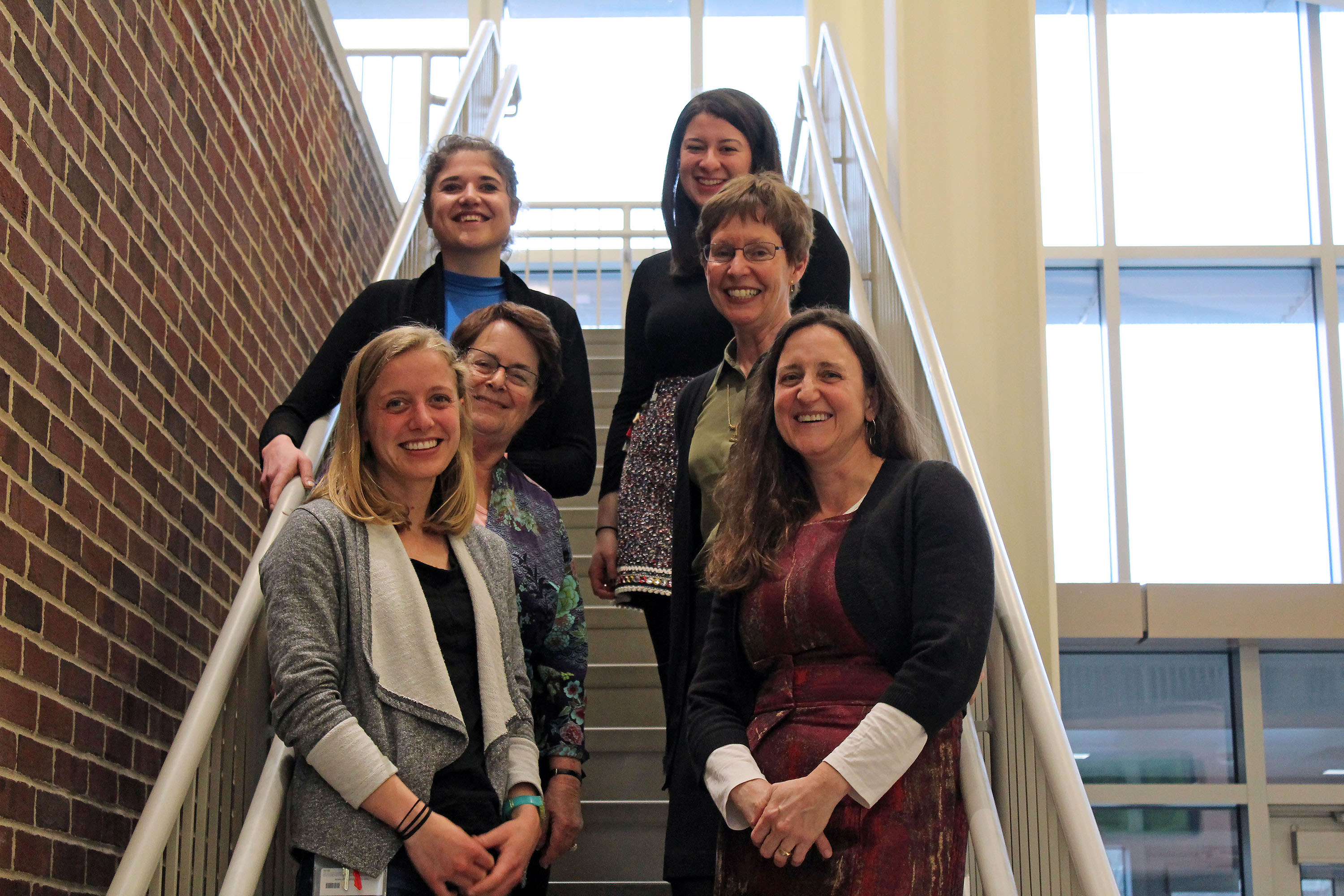Inge-Marie Eigsti and Deborah Fein, professors in the Department of Psychological Sciences at the University of Connecticut, have received over $3 million from the National Institute of Mental Health to study optimal outcomes for autism spectrum disorder in adults and teens.
Autism spectrum disorder (ASD) is the label given to a group of developmental disorders characterized by social difficulties. These disorders often have a serious negative impact on the ability of affected people to work and function in society.
Some children who are diagnosed with ASD prior to age five do not display any symptoms of ASD later in development and have average IQs and adaptive skills. This is considered an optimal outcome for people diagnosed with ASD.
Earlier research by Eigsti, Fein, and colleagues found that these individuals show interesting differences in the neural networks that support language comprehension. Eigsti and her team will use functional magnetic resonance imaging (fMRI) of the brain to measure the functional connectivity of the networks involved in social and language tasks.
By studying these underlying neurological mechanisms, the researchers will be able to better understand how these pathways relate to the dramatic symptom change observed in those who achieve an optimal outcome.
The researchers will study two groups for this project. The first group will consist of subjects they studied in their previous research during adolescence, to determine how they are now navigating the potentially difficult transition into early adulthood. The second group will be composed of those who were diagnosed with ASD at age two, reevaluated at age four, and are now teenagers. By studying this second group, the researchers hope to gain a better understanding of early childhood predictors of optimal outcome.
Eigsti received a dual Ph.D. in clinical psychology and brain and cognitive sciences from the University of Rochester in 2001. Her research focuses on mapping complex behavioral constructs onto mechanism processes in the brain as it relates to the study of ASD. The goal of her work is to better understand the pathology of ASD by linking genetic research to neurofunctional and behavioral research.
Fein received her Ph.D. in clinical psychology from Rutgers University. She has researched many areas of autism since that time, including authoring and editing several books and over 100 articles about autism. Current projects include early screening for autism, parent training for families of affected children, and the optimal outcome project with Eigsti.
This project is award number: 1R01MH112687-01A1.



